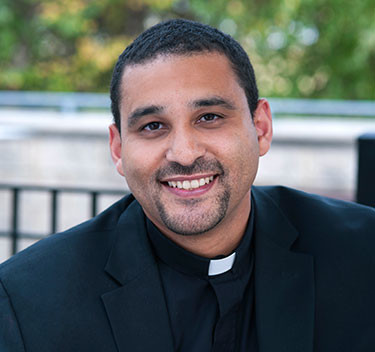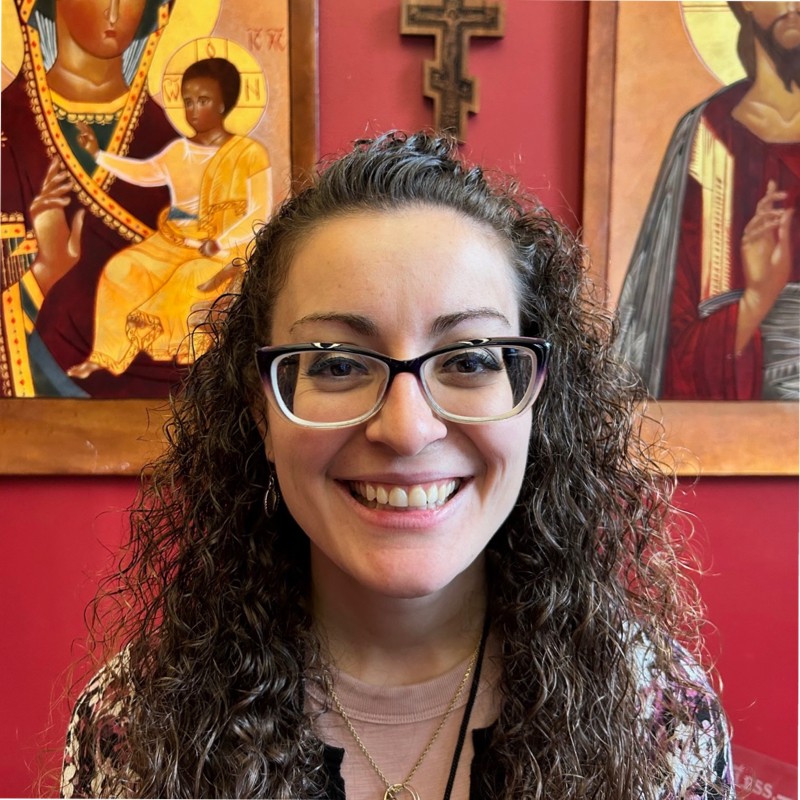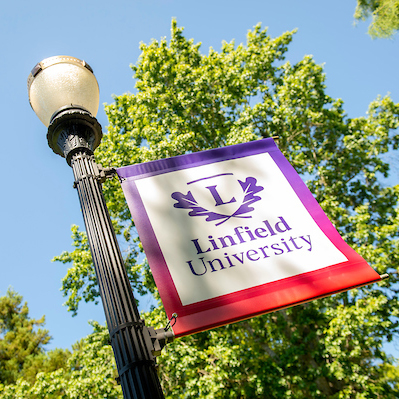
Trauma-Informed Community Development (TICD)
A pathway to public health infrastructure
In partnership with the Neighborhood Resilience Project, Linfield University proudly introduces a new Trauma-Informed Community Development (TICD) training opportunity. Develop your skills as a trauma-informed neighborhood and community learner. By applying the TICD framework you can help revitalize trauma-affected areas by establishing and promoting resilient, healing and healthy communities.
Completing the TICD foundation places you on the pathway to:
- Community health deputy
- Trauma response training
- Community analysis


The program at a glance
TBD
Asynchronous program with live sessions every Tuesday at 2 p.m. EST
Fully online
$1,312.50
Books and materials included.
Course overview
-
Topics covered During this course, we will cover a number of topics pertinent to Trauma-Informed Community Development (TICD). By the end of the course, you should be able to:
- Define the foundational principles of TICD.
- Identify and describe Trauma Affected Communities (TACs).
- Apply foundation principles of TICD to local TACs to catalyze sustainable change.
We recommend reviewing the entire session at the outset to help you manage your time and ensure you’re up to date before the live class.
Session 1: Informed Community Development
Session 2: Trauma Affected Communities
Session 3: Community Resilience
Session 4: Trauma-Informed Pathways to Community Resilience, Local and Regional
Session 5: Trauma-Informed Pathways to Community Resilience, National and Global
-
How you will learn This course will give you the skills to develop and apply actions that have a positive impact on the health and well-being of communities. Your learning will be a combination of individual work, group work and live classes. Each week there will be a live class lasting 60 minutes. There will be via Zoom with a link provided on this platform. You are expected to complete between three to five hours of work each week and estimated times have been given for each screen to help you plan accordingly.
-
Participation expectation You will be taking this course with other learners, and there are numerous spaces within the course for you to communicate with your peers. Below are some guidelines to keep in mind when communicating in shared activities:
- Be aware of your tone of voice – re-read what you have written before you post.
- Remember that there is a human being behind each digital persona – consider how you would feel receiving your message.
- If we talk about our personal experiences, remember that this is a safe space and not a judgmental one. Try not to reply to people with judgment or criticism.
- Remember that this course has learners from many different places, representing a variety of cultures. Be respectful of other learners' cultures and perspectives.
- This is not a place to correct other people's grammar or spelling.
-
Technology requirements The computer you access the course from should be of a reasonable specification, but you don't need the latest technology to complete this course. The following specifications should be taken as a minimum:
- 1.8Ghz processor
- 4GB RAM
- Operating system: Windows 8.1 or higher; OSX High Sierra or higher
To get the most from this course, you will benefit from a stable internet connection wherever you intend to study. The live classes are immersive. We recommend using headphones with an attached microphone for the best experience. Your online course is being delivered on the Insendi Learning Experience Platform. Insendi is fully committed to accessibility in education; they believe in providing an equal experience for all learners.


Meet the course contributors
Fr. Paul Abernathy

Fr. Paul Abernathy
Founding CEO
Neighborhood Resilience Project
View Profile
Kristina Abernathy

Kristina Abernathy
Matt Walsh

Matt Walsh
View Profile
Tyra Townsend

Tyra Townsend
Sheryar Ghani

Sheryar Ghani
Questions?
Please contact Linfield's School of Business. We look forward to connecting with you!

